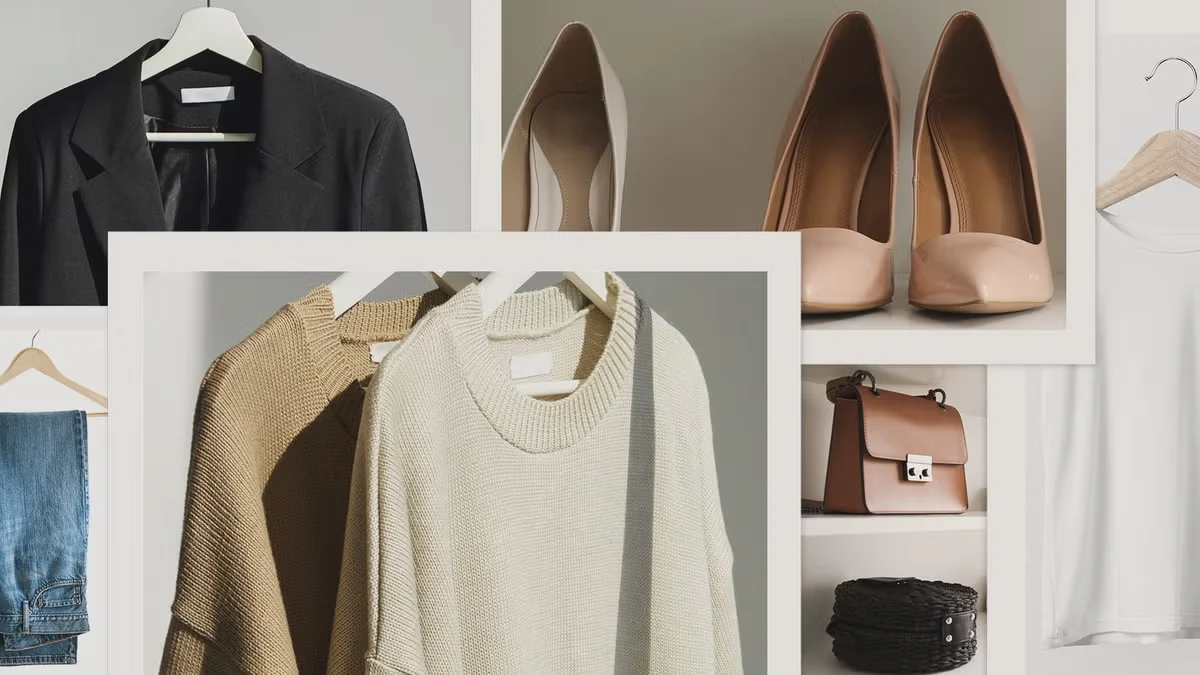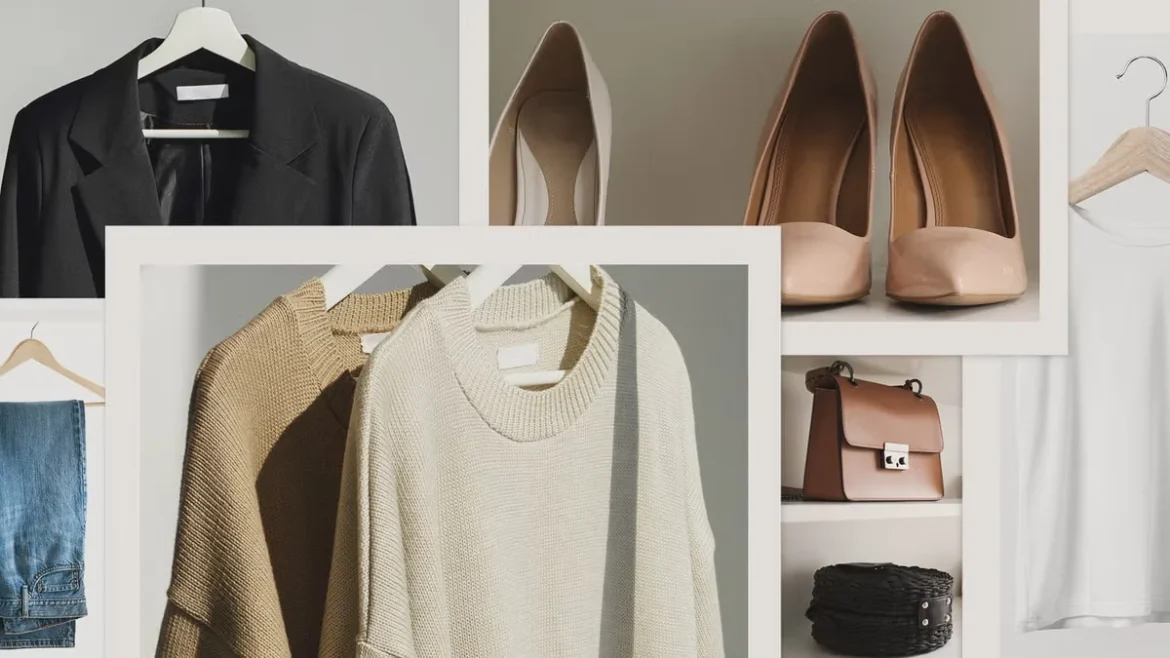What Happens When Underconsumption Becomes Just Another Trend?

From the current minimalist movement to the “de-influencing” trend to the peak of the Marie Kondo technique, the concept of reducing consumption while making it “aesthetic” is nothing new. One may argue that it goes all the way back to the order to “make do and mend” during World War II.
A brand-new variant has just appeared. Influencers on platforms like TikTok and Instagram are making a big deal out of wearing the same pair of ripped jeans from season to season or saying that they’ve used the same hair straightener for ten years or more, even though the norm is for users to boast about their collection of designer labels or unwrapping huge hauls.
And “underconsumption core” became the next big thing on TikTok because, like it or not, everything on the platform gets “-core” affixed to it. Nevertheless, will this fad be as short-lived as the mob wives of last winter? The beginning of a new way of life? Valor taken from the working class? Your question determines the answer.
She just started fixing a Moroccan basket that she purchased at a flea market when she was a teenager; she thinks it’s at least 35 years old. Today, she went to ballet class while still wearing the leotards she used for gymnastics in high school.
For example, she can ask her Patreon patrons, “What’s something old that you started reusing and that you will enjoy?”
The term “underconsumption core” could be used to describe Barber’s lifestyle, although she objects to the idea. The use of terms like “core” or “trend” makes me nervous. Definitely not.
According to her, this is what it means to lead a “normal” existence. What we should all be doing on a regular basis is known as this. The long-established way of life that your parents and ours followed. However, if labeling it as a trend helps garner attention, I’m also on board with it.
The use of terms like “core” or “trend” makes me nervous. What we’re describing here is the “ordinary” life.
According to her, de-influencing “started out with: ‘You don’t need this.'” This, she argues, is where the present internet fixation with underconsumption has its origins.
Then trend-chasers started saying things like, “Don’t buy this, buy this instead!” I am concerned about the manipulation of messaging to further the consumerist cycle in which we appear to be ensnared. She is concerned that any gains would be fleeting due to the “next, next, next” mentality prevalent in social media. “What can we do to maintain it?” How do we put an end to it being a fad and begin considering how it might be mainstreamed?
According to Andrea Cheong, who hosts the podcast Fashion Our Future and wrote Why Don’t I Have Anything to Wear, “you can’t actually buy sustainability.” Hence, her focus has always been on “sustainable buys, not sustainable brands.” According to her, there is a rift in our connection with garment consumption. “The way we learn to read nutrition labels and shop for food is very different from how anyone was ever instructed to shop for clothing.”
Similar to what Barber said, Cheong has shown me that many communities have long-established practices that appear to be fresh on your For You Page. To illustrate her point, she mentions that some Asian societies have a practice of repurposing old clothing into “home clothes” or pajamas.We can see other ways of consuming now, but that’s the only change.
Everybody who has access to a mobile device and an app can now contribute to social media by making videos and sharing them. She explains that this shift from an elite hierarchy of influencers and superstars to a more democratic algorithm is a necessary evil. The “swipe up for more!” mentality and the subsequent backlash against excessive hauls are also major factors propelling the movement.
You will see evidence of this everywhere; it is here to stay.
others who have always done it will keep doing it, and perhaps others who were afraid or embarrassed to do it before will feel more comfortable doing it now. “However, I don’t believe it will bring about this significant paradigm change,” Cheong remarks. “People are not doing this stuff because, first and foremost, they’re like, ‘I’m so sustainable.'”
This is something that intrigues her, though. They’re saving money by doing this. “How we get there really makes no difference,” she thinks in the end. In the long run, the point of slowing down, buying less stuff, and using what you have more often is the same: to be more thoughtful and conscious.
Just because something is popular doesn’t mean it appeared out of nowhere. This indicates that it is firmly attached to something. “We tend to think of trends as being temporary when we hear the word,” she continues. “This will remain in its current state. Even though it will manifest in subtle ways, you will be able to spot its traces just about anywhere.
